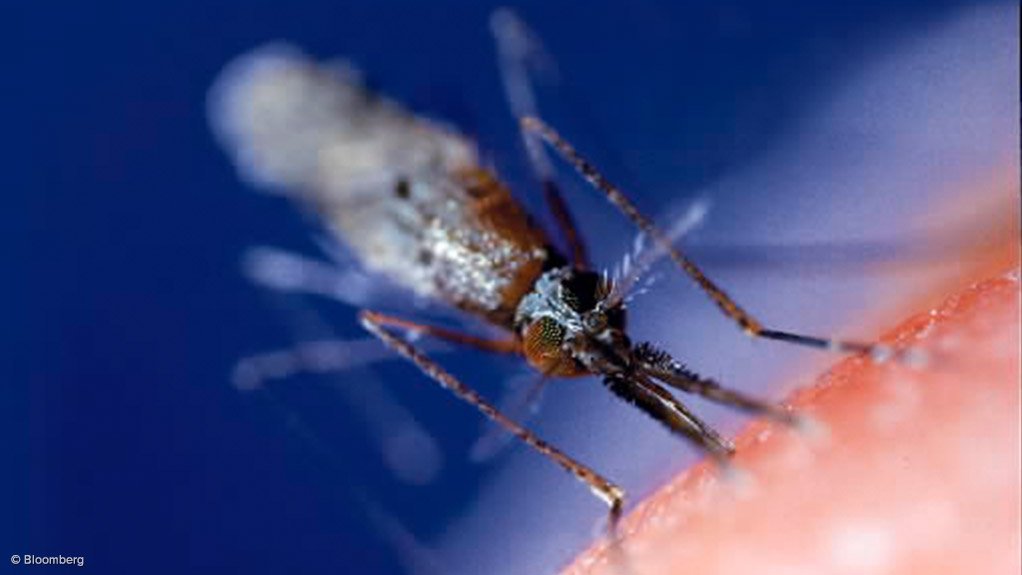The Gauteng Department of Health on Wednesday warned residents to be cautious of malaria, particularly when they visit other provinces.
Gauteng health spokesperson Kwara Kekana said even though the province is not malaria endemic, hospitals in Gauteng continue to attend to thousands of malaria cases throughout the year, while other patients succumb to the killer disease.
“As the year winds down, many Gauteng residents will be visiting far-flung places to spend time with loved ones and family. The Gauteng Department of Health (GDoH) wishes to warn the public to be vigilant as they visit places that are malaria endemic,” said Kekana.
Malaria is a life-threatening disease caused by parasites that are transmitted to people through the bites of infected female mosquitoes.
“The Gauteng province sees on average between 2,000 to 3,000 malaria cases every year, whilst the number of malaria-related fatalities hovers between 20 to 30 deaths yearly in the province,” said Kekana.
The Southern African Development Community (SADC) observes Malaria Week annually from November 2 to 6.
The majority of malaria cases are registered in malaria endemic countries including Mozambique, Zimbabwe, the Democratic Republic of Congo and Malawi. The South African provinces of Limpopo and Mpumalanga are also prone to malaria.
“The main concern for the Gauteng Department of Health is that most patients with malaria present very late into health facilities with severe complications. If you have any of the following symptoms after visiting a malaria endemic region, fever, headache, general body aches and pains or body weakness, nausea, vomiting, diarrhoea or flu symptoms, visit your nearest health-care facility or doctor,” said Kekana.
“To prevent contracting malaria disease, adhere to following advice and principles: when travelling to malaria endemic areas, try to avoid the bites of mosquitoes by using mosquito repellents. Where possible, sleep in an air-conditioned room or have a fan in the room. Mosquitoes dislike cool and air-conditioned rooms and environments. Sleep under mosquito nets and wear clothing that covers legs and arms. Mosquitoes prefer to bite these parts of the body,” said Kekana.
Community members have also been urged to get medications that help prevent contracting of malaria.
“These medications kill these parasites in the body. This may take hours or even days. Avoid travelling to malaria endemic areas if you are one of those at risk of a severe form of the disease, for example pregnant, children under five years of age or (if you) are immune-compromised in any way,” she said.
Sub-Saharan Africa carries a disproportionately high share of the global malaria burden.
In 2015, the region was home to 89% of malaria cases and 91% of malaria deaths, according to the Gauteng Department of Health.
EMAIL THIS ARTICLE SAVE THIS ARTICLE
To subscribe email subscriptions@creamermedia.co.za or click here
To advertise email advertising@creamermedia.co.za or click here











